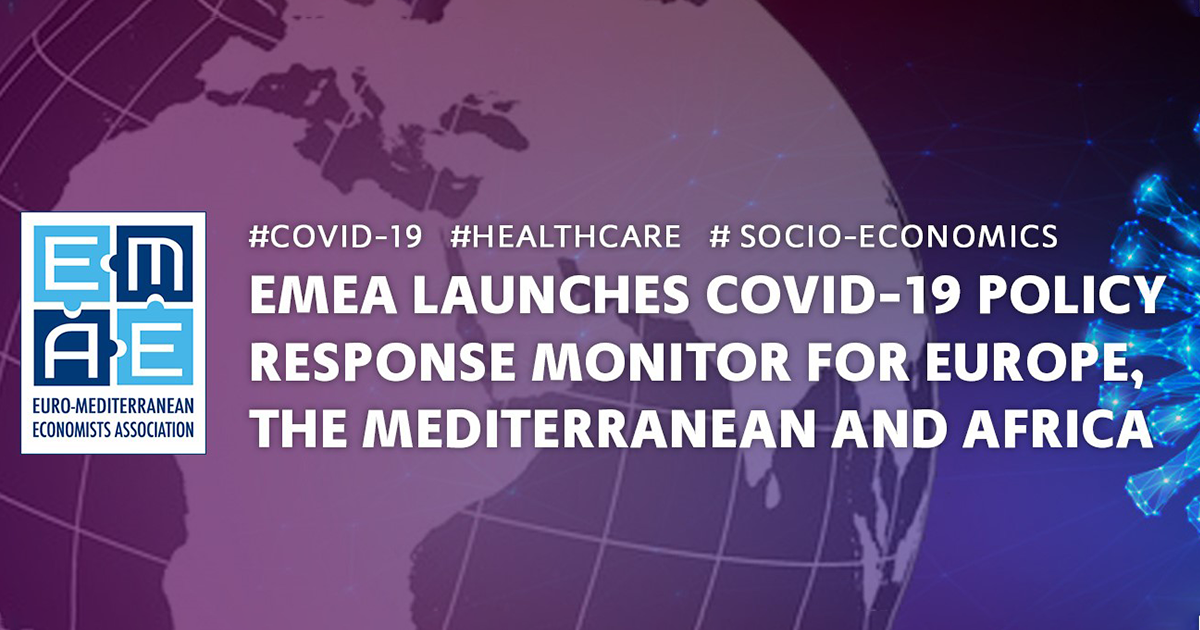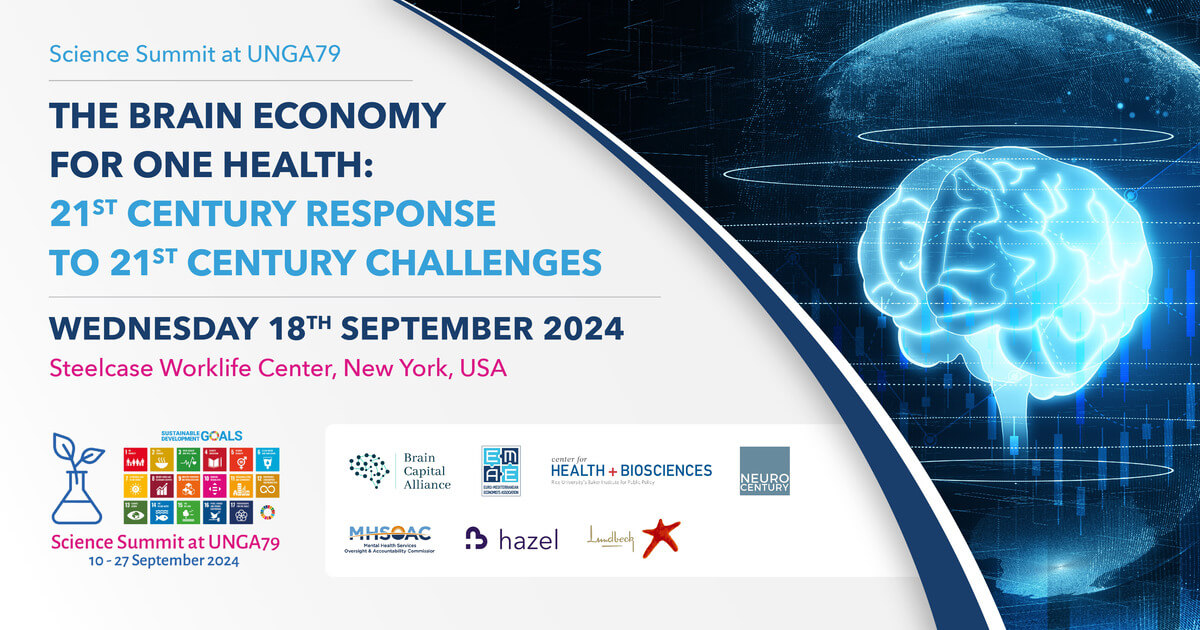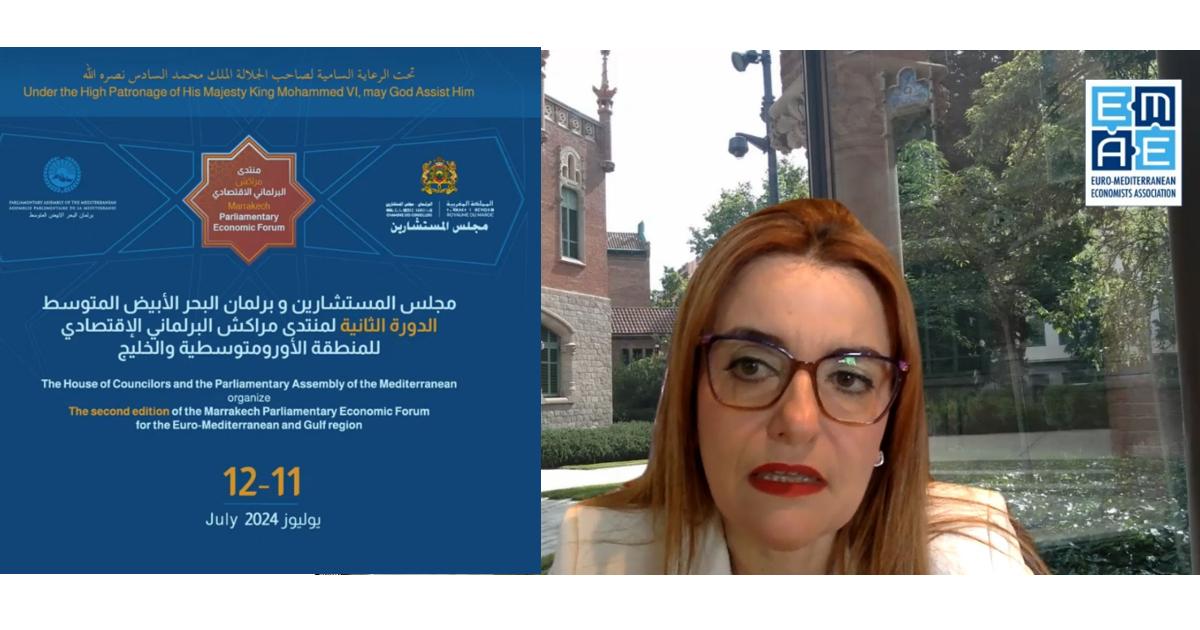The EMEA COVID-19 Policy Response Monitor is a dynamic tool, the purpose of which is to monitor and assess the evolution and the policy responses related to the pandemic in Europe, the Mediterranean and Africa.
Three pillars of the policy response are monitored to assess the overall effectiveness in terms of flattening the epidemiological curve and returning economies to a sustainable recovery:
1. Preparedness of healthcare systems;
2. Timeliness and intensity of containment policies;
3. Preparedness and comprehensiveness of socio-economic mitigation policies;
Monitoring country responses and their relative effects provides evidence for citizens to be informed and to understand the variety and effectiveness of policy responses, as well as for policymakers to have sight of international practices and to be more prepared for future external shocks.
The EMEA COVID-19 Policy Response Monitor, as of 04 June 2020, shows:
Healthcare systems in the North Mediterranean (except Malta) were seemingly prepared according to the Global Health Security Index (with scores above the world average). In the South and East Mediterranean, Israel, Jordan, Lebanon, Morocco and Turkey scores were above the world average, whilst in Sub Sahara Africa, Ethiopia, Kenya and South Africa scores were also above the world average. In the remainder of countries scores were below the world average.
Countries in the North Mediterranean implemented strict containment measures, but delayed from when the first case was detected, with varied intensity levels, in particular France (54 days, score 7), Spain (44 days, score 9); Italy (25 days, score 9). A reverse tendency is observed in Sub Sahara Africa, where containment measures were less strict in the majority of cases but were implemented very swiftly, with varied intensity levels, in particular Mauritius (7 days, score 4), DRC (9 days, score 5). In the South-East Mediterranean, the picture is heterogeneous; with countries, such as Tunisia, implementing strict containment measures promptly (10 days) and with high intensity (score 9) whilst others, such as Turkey, opted for loose and less intense measures (score 5) adopted at a later stage (33 days).
Testing has been controversial everywhere. Tests performed have been insufficient to provide a reliable picture on the evolution of the pandemic. In the North Mediterranean, the average number of tests per million performed (71,433) is higher than in the South-East Mediterranean (15,263), whilst in Sub Sahara Africa (12,521), testing is either lower or not available at all. On the 01 June, Malta, Israel and Mauritius reached respectively 157,712, 61,804 and 91,961 tests per million.
In the three regions studied, we observe a decreasing trend in cases and variation in deaths, whilst a very high case-fatality rate has characterized a number of European countries, such as France, Italy and Spain.
Socio-economic preparedness and exposure to external shocks were heterogeneous in the Mediterranean and Sub-Sahara Africa. Greece, Italy and Spain in the North Mediterranean; Egypt, Lebanon and Tunisia in the East-South Mediterranean; and Cameroon, DRC, Ghana, Nigeria and Senegal were the least prepared economically. Major divergences are identified in the quality of institutions, the space for manoeuvre of fiscal and monetary authorities, the predominance of economic sectors that are particularly exposed to lockdown measures and the contraction of global value chains. Public social protection and banking sector soundness and profitability are also variegated across all countries.
On 04 June 2020, several countries embarked on lifting their containment measures after successfully flattening the pandemic curves. However, the shortage of testing could lead to an underestimation of the prevalence of the pandemic, a potential second wave of infection and a lack of preparedness in properly managing the transition towards recovery.
To assess the preparedness of healthcare systems, the Global Health Security Index is used (data on 2019 from https://www.ghsindex.org/ );
To examine containment policies, timing, type and intensity are computed and explored;
To assess effectiveness of healthcare systems and containment measures, we monitor the weekly variation of testing capacity, detected cases and deaths. Weekly data collected from https://www.worldometers.info/coronavirus;
To assess the preparedness and comprehensiveness of the socio-economic mitigation policies, data is compiled predominantly from World Bank and IMF databases.
Data is updated every week and new dimensions are added, in order to increase the comprehensiveness of the assessment. The policy tool updates EMEA’s study “Covid-19 in the Mediterranean and Africa: Diagnosis, Policy Responses, Preliminary Assessment and Way Forward”, published in April 2020.






